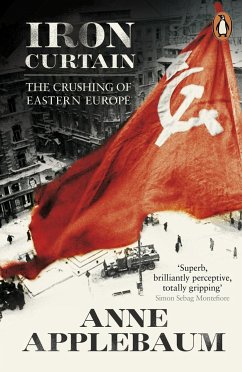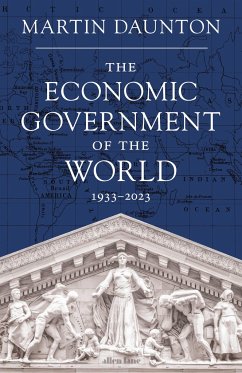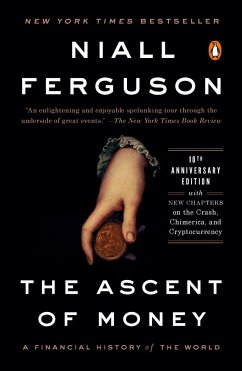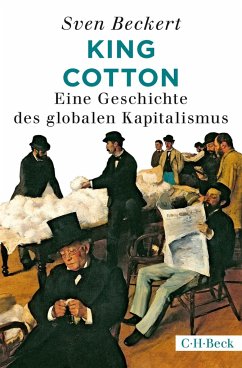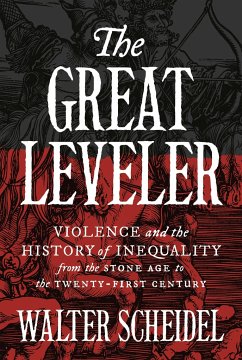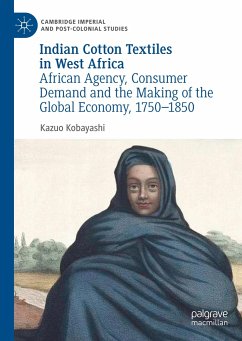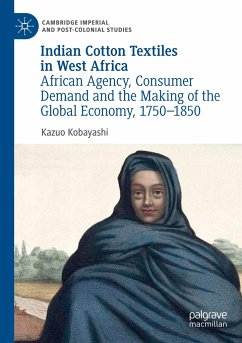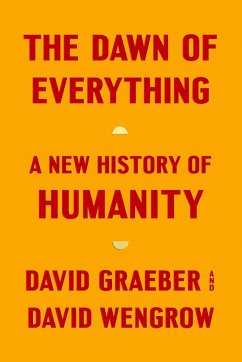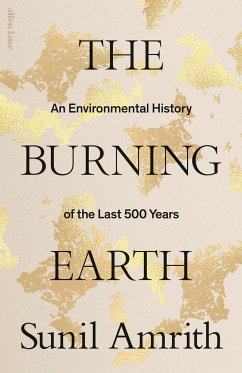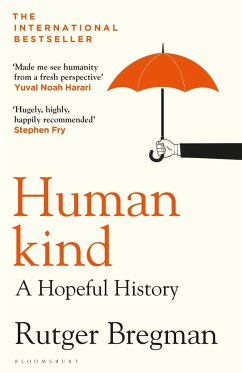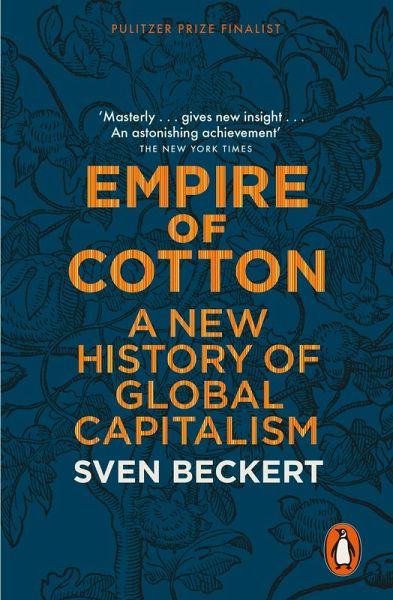
Empire of Cotton
A New History of Global Capitalism
Versandkostenfrei!
Versandfertig in 1-2 Wochen
14,19 €
inkl. MwSt.
Weitere Ausgaben:

PAYBACK Punkte
7 °P sammeln!
WINNER OF THE 2015 BANCROFT PRIZE WINNER OF THE 2015 PHILIP TAFT PRIZEFINALIST FOR THE 2015 PULITZER PRIZE FOR HISTORYSHORTLISTED FOR THE 2015 CUNDHILL PRIZE IN HISTORICAL LITERATUREEconomist BOOKS OF THE YEAR 2015'Knowledgeable and stunning' Orhan Pamuk'A masterpiece of the historian's craft' The NationFor about 900 years, from 1000 to 1900, cotton was the world's most important manufacturing industry. It remains a vast business - if all the cotton bales produced in 2013 had been stacked on top of each other they would have made a somewhat unstable tower 40,000 miles high.Sven Beckert's super...
WINNER OF THE 2015 BANCROFT PRIZE
WINNER OF THE 2015 PHILIP TAFT PRIZE
FINALIST FOR THE 2015 PULITZER PRIZE FOR HISTORY
SHORTLISTED FOR THE 2015 CUNDHILL PRIZE IN HISTORICAL LITERATURE
Economist BOOKS OF THE YEAR 2015
'Knowledgeable and stunning' Orhan Pamuk
'A masterpiece of the historian's craft' The Nation
For about 900 years, from 1000 to 1900, cotton was the world's most important manufacturing industry. It remains a vast business - if all the cotton bales produced in 2013 had been stacked on top of each other they would have made a somewhat unstable tower 40,000 miles high.
Sven Beckert's superb new book is a history of the overwhelming role played by cotton in dictating the shape of our world. It is both a gripping narrative and a brilliant case history of how the world works.
WINNER OF THE 2015 PHILIP TAFT PRIZE
FINALIST FOR THE 2015 PULITZER PRIZE FOR HISTORY
SHORTLISTED FOR THE 2015 CUNDHILL PRIZE IN HISTORICAL LITERATURE
Economist BOOKS OF THE YEAR 2015
'Knowledgeable and stunning' Orhan Pamuk
'A masterpiece of the historian's craft' The Nation
For about 900 years, from 1000 to 1900, cotton was the world's most important manufacturing industry. It remains a vast business - if all the cotton bales produced in 2013 had been stacked on top of each other they would have made a somewhat unstable tower 40,000 miles high.
Sven Beckert's superb new book is a history of the overwhelming role played by cotton in dictating the shape of our world. It is both a gripping narrative and a brilliant case history of how the world works.






